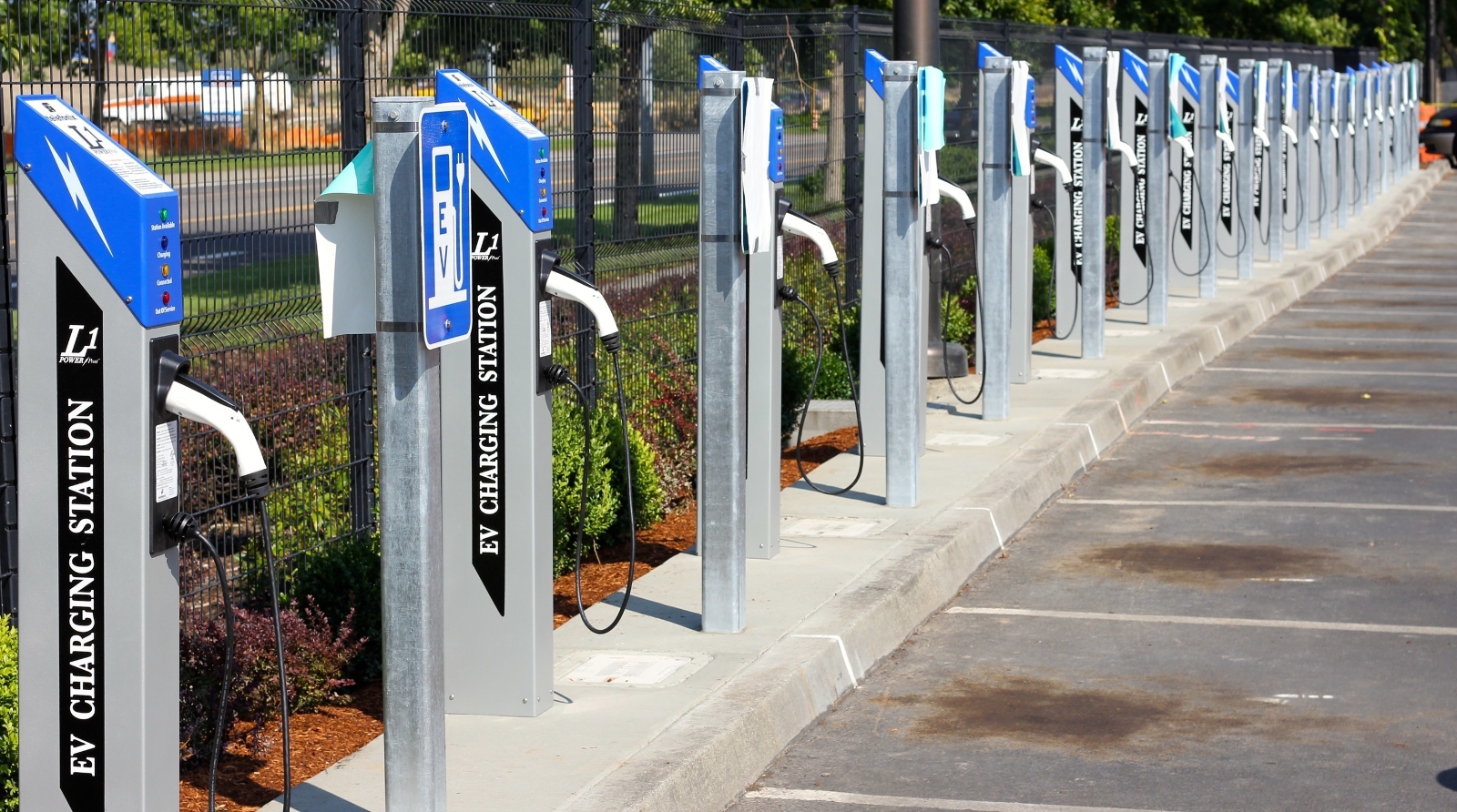While fintech has the capacity to disrupt established business models and improve productivity and profitability, its impact on banks is hard to predict. Hence, financial institutions with thousands of employees are wary of investing in technologies when it is not clear what the impact will be.
Alex Lehmann, chief operating officer at UBS, told Business Insider that the fintech discussion has changed from whether a revolution is occurring to where most banks are seeking to collaborate with new technology players.
As for cryptocurrencies and ICOs, he thinks the jury is still out.
UBS Embraces Fintech
Lehmann said UBS is working with fintech companies in most areas of technological development. He said the focus for his company is on alternative business models that can “shake everything up” more than on the technology itself.
Banks are operating from a position of strength from a customer perspective, he said, particularly in the level of customer interaction, the resources the bank can provide and the services it can offer, none of which gets created overnight.
The bank has legacy infrastructure that is an asset as well as a liability, he said. The infrastructure can scale up in tandem with volatility, which is important.
Lehmann said he is optimistic about the future, noting that it’s easier to disrupt a lightly regulated sector, as demonstrated by WhatsApp and Uber, than banks, which are highly regulated.
Robotics and AI Top the List
The most exciting things on the bank’s radar are robotics and artificial intelligence, which Lehmann thinks will fundamentally change banking in four to eight years. The technologies can make banks operate smarter with the customer, such as understanding better what customers want.
As far as technology’s impact on head count, Lehmann said ATMs have not eliminated tellers. Instead, branch staff have addressed different types of customer service opportunities. He thinks the same thing will happen more broadly in banking. Job profiles will change completely.
Investors with seven figures to invest will still need someone to help them personally, Lehmann said.
He did not want to say if he thinks bank head count will change. The more automation deploys, it will substitute for some human tasks.
Improved productivity will boost profitability, he said, and the profits will be reinvested in new ways to improve the franchise or address new regulation.
Lehmann noted there is a cultural shift that takes place when a large bank interacts with a fintech startup. UBS has initiatives such as its Future of Finance Challenge, a competition that provides a forum for startups to present their ideas.
UBS’s IT spend is more than 10% of revenues, a record level. But the bank does not sacrifice mid- and long-term development on behalf of quarterly expectations. As a leader in wealth management, the bank invests in digital technology.
In the areas of cash equities, FX and advisory services, electronic trading platforms provide the bank a competitive advantage.
Blockchain Will Take Time
Lehmann thinks other industries besides finance are better suited to deploy blockchain technology. He said he expects to see private applications of the technology in finance, but the benefits have yet to be proven. The legal contract and regulatory certainty needed for this will take 10 years.
As for the rise of cryptocurrency and ICOs, he said the jury is still out. He is uncertain whether they represent cash or an asset class. He does not assign dramatic economic opportunities to them at this time.
Lehmann is hopeful that regulation will not stifle fintech renovation. Banks should appreciate it when regulators like PRA in the U.K. or the MAS in Singapore welcome fintech. However, he said regulation will need to take more to a more functional approach.










